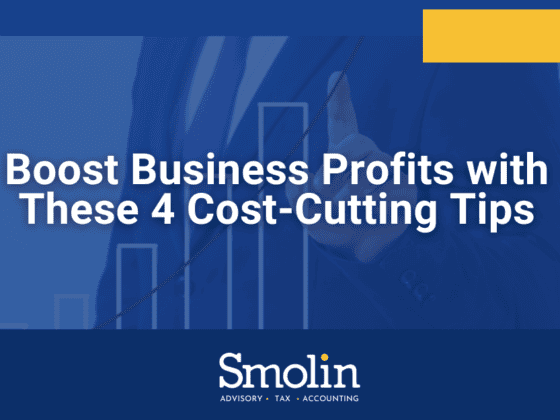For many business owners, opting for a Qualified Small Business Corporation (QSBC) status is a tax-wise choice.
Potential to pay 0% federal income tax on QSBC stock sale gains
For the most part, typical C corporations and QSBCs are treated the same when it comes to tax and legal purposes, but there is a key difference. QSBC shareholders may be eligible to exclude 100% of their QSBC stock sale gains from federal income tax. This means that they could face an extremely favorable 0% federal income tax rate on stock sale profits.
However, there is a caveat. The business owner must meet several requirements listed in Section 1202 of the Internal Revenue Code. Plus, not all shares meet the tax-law description of QSBC stock. And while they’re unlikely to apply, there are limitations on the amount of QSBC stock sale gain a business owner can exclude in a single tax year.
The date stock is acquired matters
QSBC shares that were acquired prior to September 28, 2010 aren’t eligible for the 100% federal income tax gain exclusion.
Is incorporating your business worth it?
Owners of sole proprietorships, single-member LLCs treated as a sole proprietorship, partnerships, or multi-member LLCs treated as a partnership will need to incorporate their business and then issue shares to themselves in order to attain QSBC status in order to take advantage of tax savings.
There are pros and cons of taking this step, and this isn’t a decision that should be made without the guidance of a knowledgeable accountant or business attorney.
Additional considerations
Gains exclusion break eligibility
Only QSBC shares held by individuals, LLCs, partnerships, and S corporations are potentially eligible for the tax break—not shares owned by another C corporation.
5 Year Holding period
QSBC shares must be held for five years or more in order to be eligible for the 100% stock sale gain exclusion. Shares that haven’t been issued yet won’t be eligible until 2029 or beyond.
Share acquisition
Generally, you must have acquired the shares upon original issuance by the corporation or by gift or inheritance. Furthermore, only shares acquired after August 10, 1993 are eligible.
Not all businesses are eligible
The QSBC in question must actively conduct a qualified business. Businesses where the principal asset is the reputation or skill of employee are NOT qualified, including those rendering services in the fields of:
- Law
- Engineering
- Architecture
- Accounting
- Actuarial science
- Performing arts
- Consulting
- Athletics
- Financial services
- Brokerage services
- Banking
- Insurance
- Leasing
- Financing
- Investing
- Farming
- Production or extraction of oil, natural gas, or other minerals for which percentage depletion deductions are allowed
- Operation of a motel, hotel, restaurant, or similar business
Limitations on gross assets
Immediately after your shares are issued, the corporation’s gross assets can’t exceed $50. However, if your corporation grows over time and exceeds the $50 million threshold, it won’t lose its QSBC status for that reason.
Impact of the Tax Cuts and Jobs Act
Assuming no backtracking by Congress, 2017’s Tax Cuts and Jobs Act made a flat 21% corporate federal income tax rate permanent. This means that if you own shares in a profitable QSBC and decide to sell them once you’re eligible for the 100% gain exclusion break, the 21% corporate rate could be the only tax you owe.
Wondering whether your business could qualify? Smolin can help.
The 100% federal income tax stock sale gain exclusion break and the flat 21% corporate federal income tax rate are both strong incentives to operate as a QSBC, but before making your final decision, consult with us.
While we’ve summarized the most important eligibility rules here, additional rules do apply.


